After a miserable wait, the police arrived. Stephen’s luck was about to change. Well, sort of. The officers handled the situation with understanding and wisdom. Later, the boys went to court and got community service work at the firehouse. Their job was to wash floors, fire trucks — and police cars. This meant that Steven had to tell other officers the story of how he got there. Over, and over, and over. And fortunately, he had a series of positive experiences with these officers as well.
 Lt. Fischbach’s story is more than just a humorous anecdote with a heartwarming outcome. The way that this experience unfolded shaped more than his career aspirations. It gave him his guiding sense of ethics about how people in crisis should be treated — with fairness, equity, and dignity. And this helps him lead his officers in working with the community they serve on Charlotte’s west side, even throughout a pandemic which has punched their service area in places that were already weakened.
Lt. Fischbach’s story is more than just a humorous anecdote with a heartwarming outcome. The way that this experience unfolded shaped more than his career aspirations. It gave him his guiding sense of ethics about how people in crisis should be treated — with fairness, equity, and dignity. And this helps him lead his officers in working with the community they serve on Charlotte’s west side, even throughout a pandemic which has punched their service area in places that were already weakened.
Lt. Fischbach fully recognizes the importance of taking appropriate steps to protect the community. Balancing public health with public safety is of great consideration to the CMPD. Lt. Fischbach says his officers have done an incredible job finding responsible alternatives to arrests but have also been able to remove more violent criminals from the streets of our community than last year.
Has crime changed because of COVID? “Initially, when COVID really hit home, 911 calls went eerily down. Property crime has stayed down and violent crime, mostly in the form of shootings, has remained stable. We haven’t seen an increase in domestic violence calls, but other divisions have.”
Every day, officers and citizens alike grapple with complex equity issues that will be debated long after COVID is a memory. “As a society, we’re looking at how criminal justice has conducted business over the last 200 years. We’re looking to see how we can rework systems that haven’t been fair to everyone in the community.” He’s also supporting efforts to make sure that officers are a reflection of the racial and ethnic makeup of the communities they serve.
Has COVID reinforced his perspective about community? “I see how interconnected all of us are. Some jobs may seem less important, but if you send that person home, a piece of the puzzle is missing…I’ve always told my kids no matter what they do, as long as it’s productive, they can take a great deal of pride in it.”
This story was written by Teresa K. Cain with photos by Sabrina Robinson
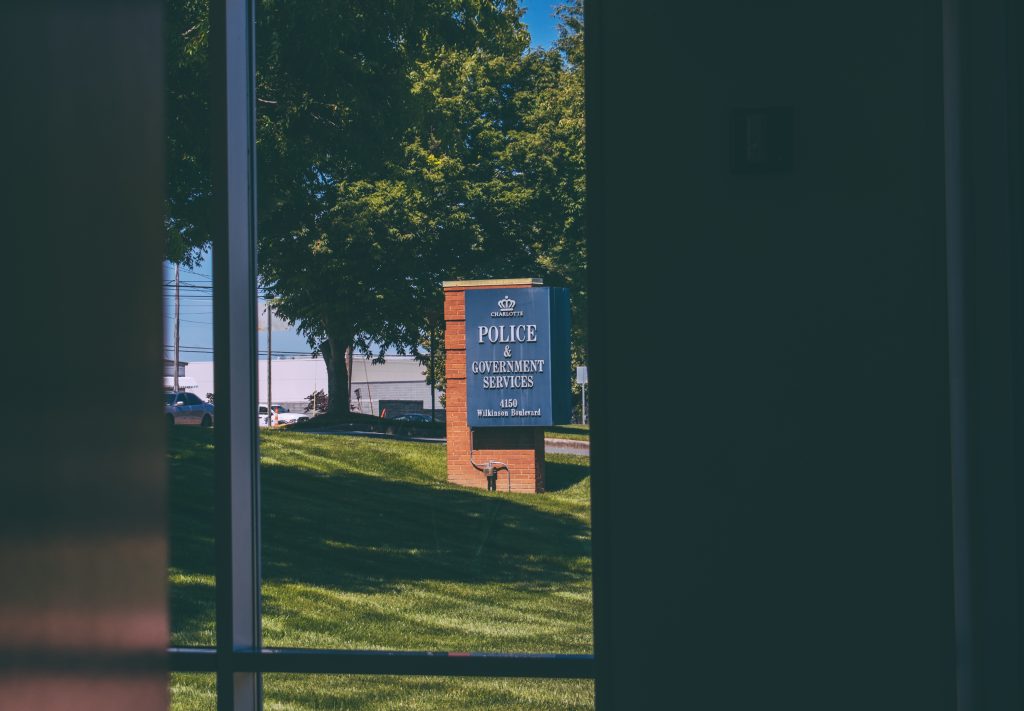
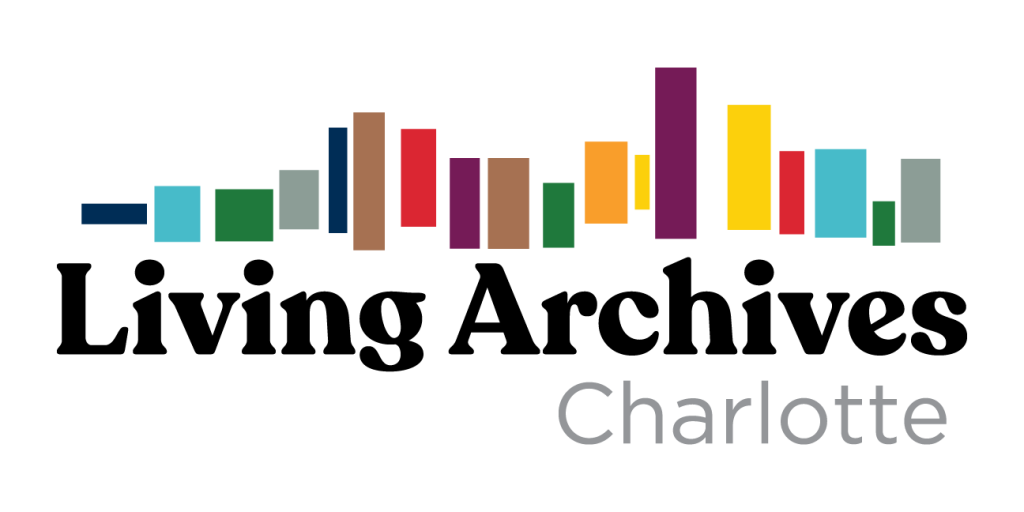
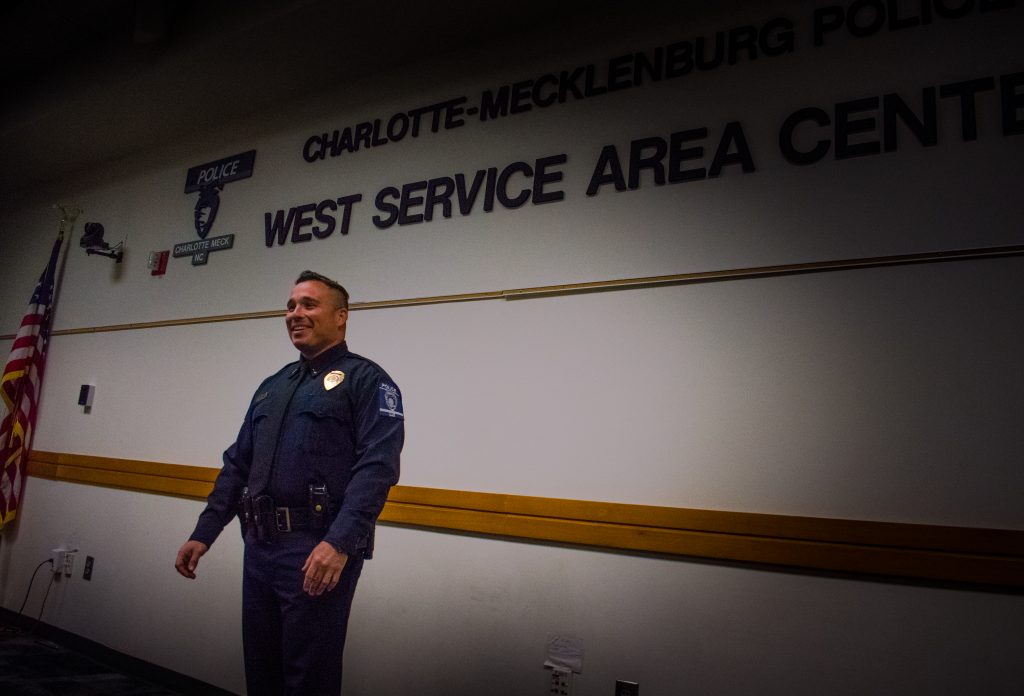
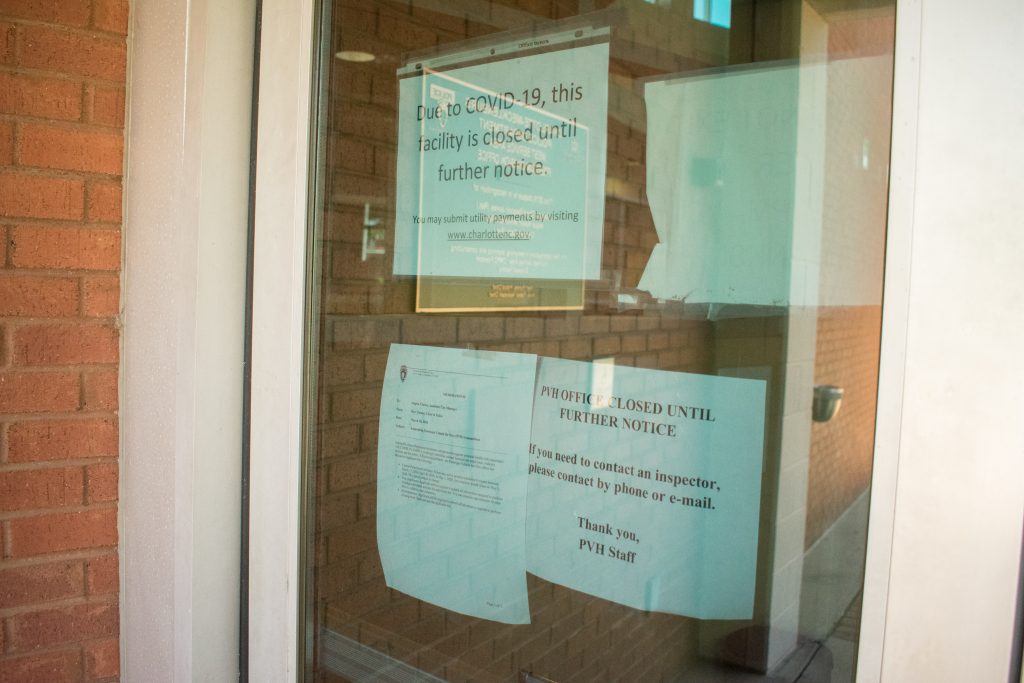
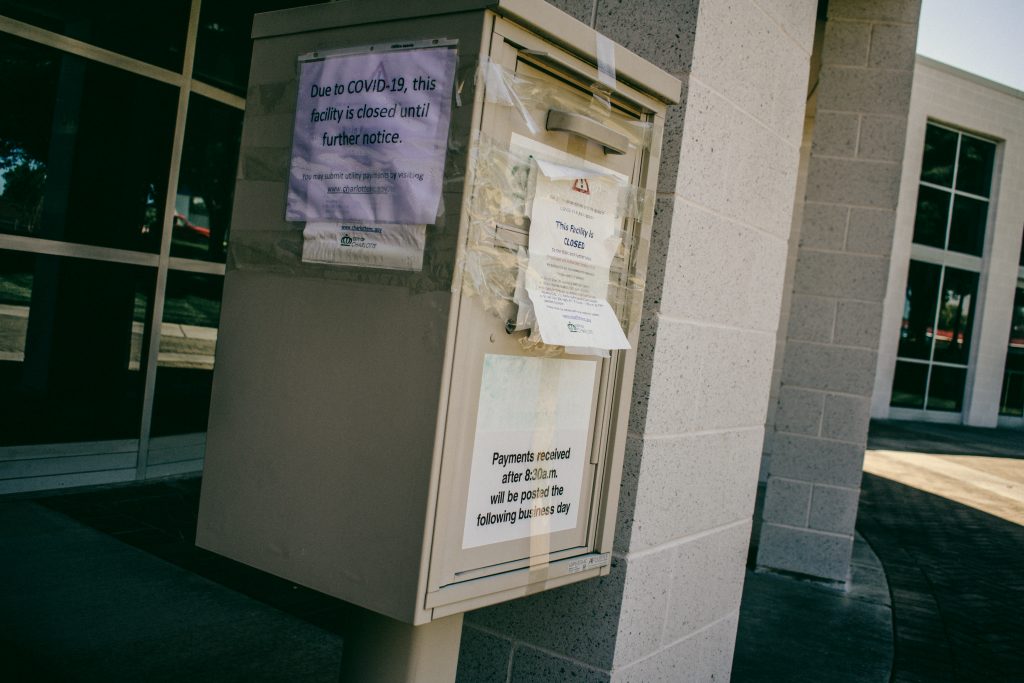
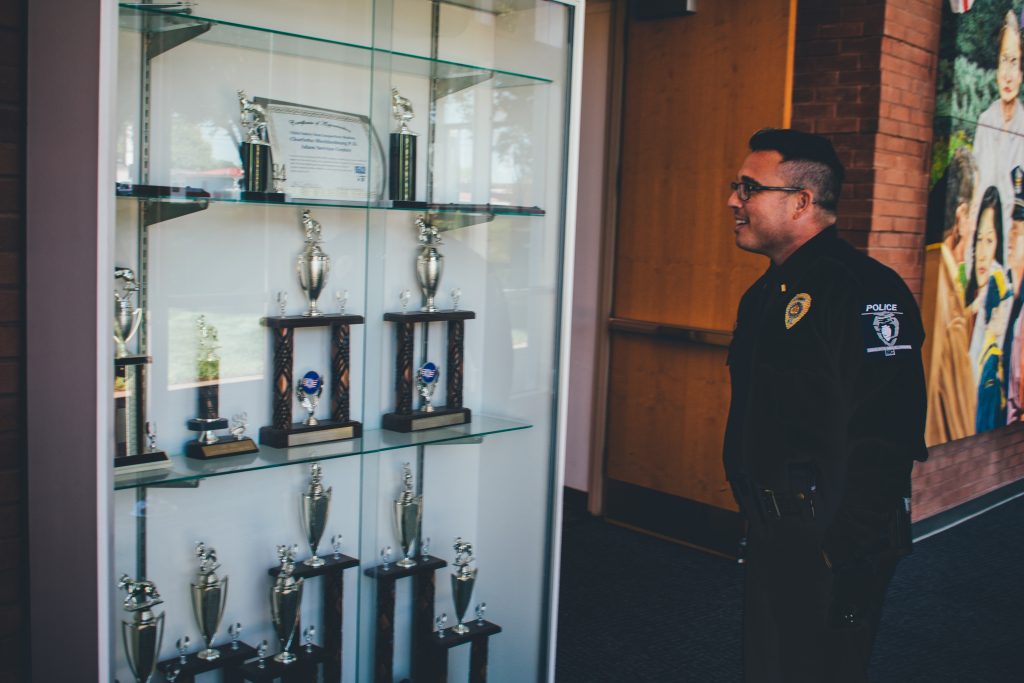
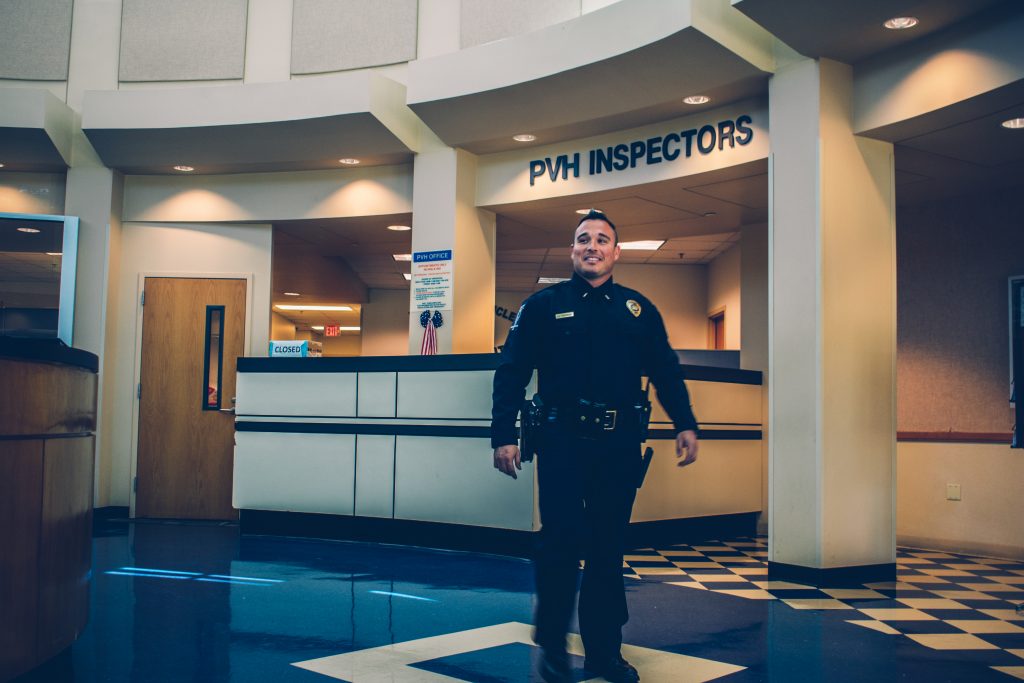
 Lt. Fischbach’s story
Lt. Fischbach’s story